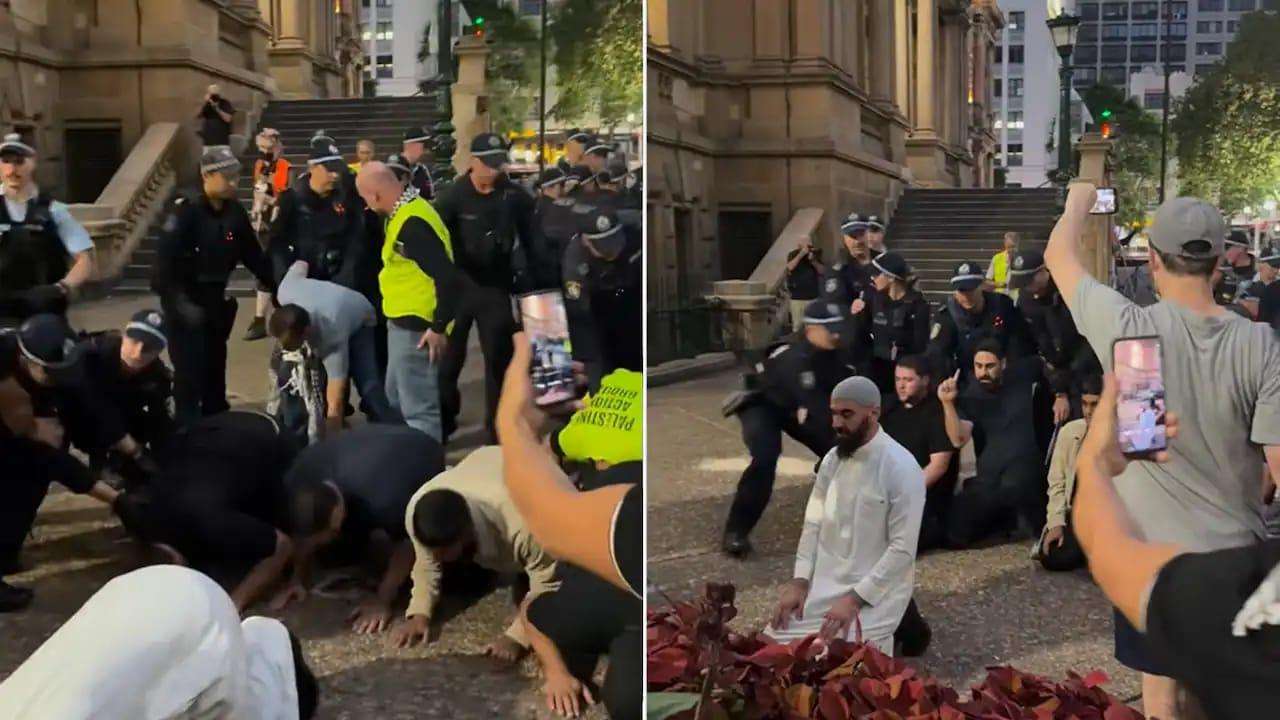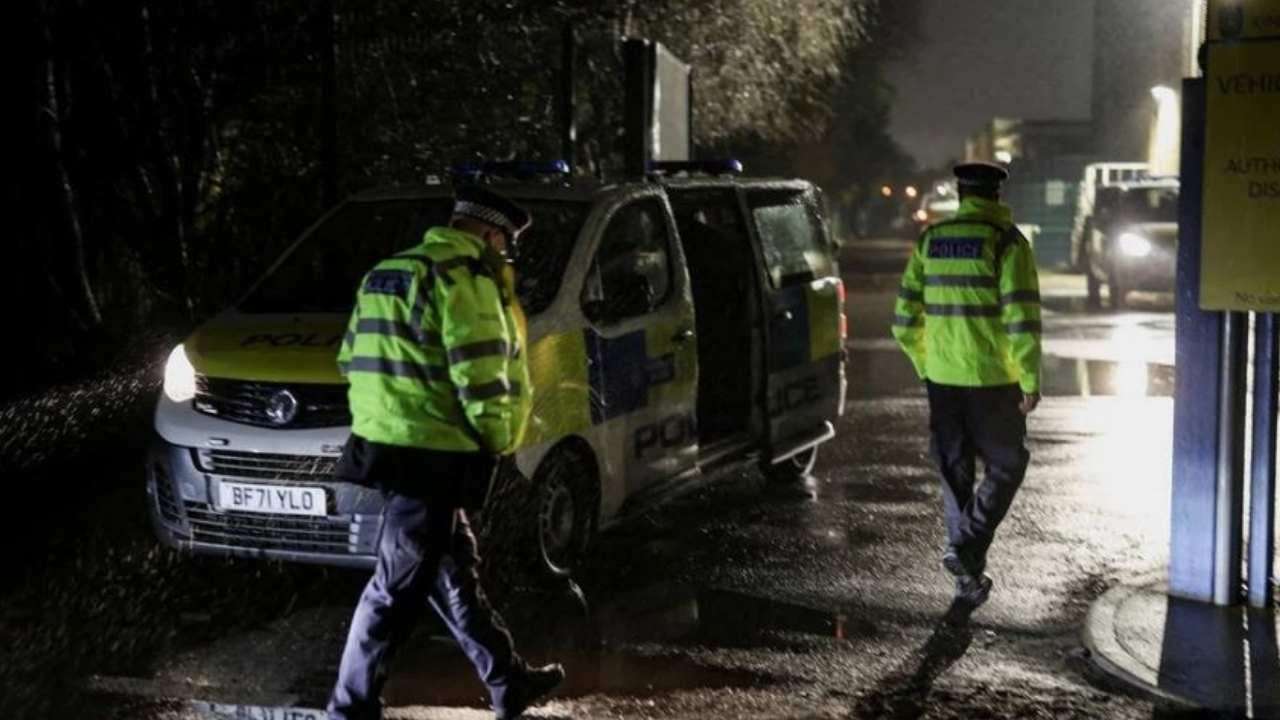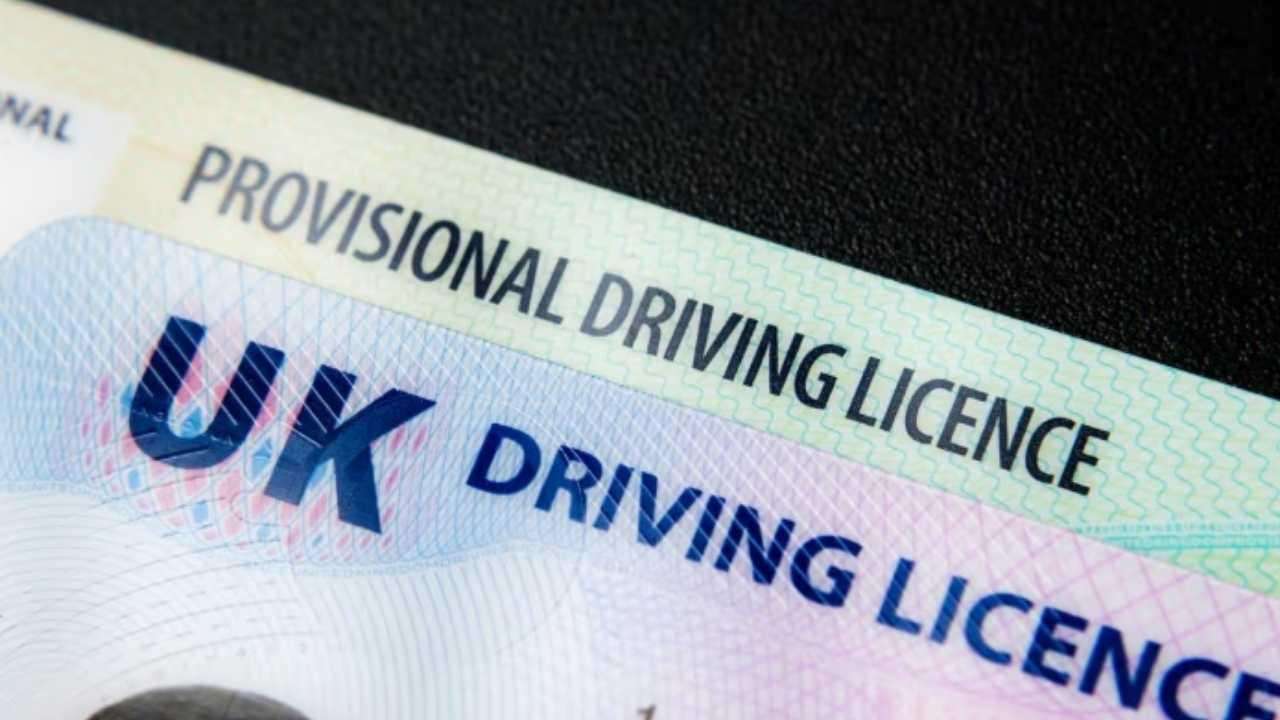The heartbreak of an Ethiopian refugee who missed the UK's dedicated Refugee Family Reunion (RFR) application cut-off by a mere 13 minutes has become a powerful symbol for campaigners challenging the government's harsh new immigration rules. Umer Heyi, 28, now faces a daunting legal and financial barrier to uniting with his wife, Habiba, and two-year-old son, Kena, whom he has never met.
The crucial question for Umer and hundreds of other families is: Is there any chance he can get a special opportunity through the courts? Legal experts indicate that his only path now lies in applying under the stricter standard immigration rules, specifically through the highly difficult 'exceptional circumstances' provision which relies on human rights law.
The Tragic Turn of Events
Umer was granted refugee status by the UK Home Office on September 4, 2025, after caseworkers agreed he had a "well-founded fear of persecution" in Ethiopia due to his support for the Oromo Liberation Front. Having been imprisoned for 16 months before escaping and arriving in the UK via a small boat in May 2025, the decision meant safety for himself and the promised opportunity to bring his immediate family to the UK through the established RFR scheme.
However, on that very same day, the government—led by then-Home Secretary Yvette Cooper—suspended the RFR route to new applicants at 3:00 PM. Tragically, Umer managed to get a lawyer's number and called to start the process at 3:13 PM, just 13 minutes after the window slammed shut.
The policy pause, which the government claims is necessary to combat people-smuggling and ease pressure on public services, is expected to last until Spring 2026 when a stricter, reformed system is due to be introduced.
The Legal and Financial Hurdles
With the RFR route—which historically waived financial and English language requirements for refugees—now closed, Umer must apply under the standard family visa route, known as Appendix FM. This route places two major hurdles in his way:
- Minimum Income Requirement (MIR): Umer, who is working on his cybersecurity qualification in Norwich after struggling to find work despite his Computer Science degree, must demonstrate an annual income of £29,000 to sponsor his wife and son. This high financial bar, which is facing separate ongoing legal challenges from campaign groups like Reunite Families UK for its impact on families, is particularly difficult for a newly recognised refugee trying to rebuild his life.
- Application Fees: He must pay thousands of pounds in application fees and the Immigration Health Surcharge, costs which the RFR route had previously mitigated.
The "Special Chance": A Fight for Human Rights
The only realistic way for Umer to circumvent the £29,000 threshold and fees is to apply based on "exceptional circumstances" outside the standard rules. This involves arguing that the refusal to grant a visa would breach the family's right to respect for family life under Article 8 of the European Convention on Human Rights (ECHR).
The Article 8 Argument
Legal precedents have established that where a family is genuinely separated and denial of reunification would result in "unjustifiably harsh consequences," a court can rule that the Home Office's decision is a disproportionate breach of Article 8.
For Umer, this argument is strengthened by several factors:
- The Proximity of the Deadline: Umer received his refugee status and acted immediately, missing the cut-off by minutes. His delay was not due to negligence but the timing of the government's abrupt policy change relative to his case being processed.
- The Best Interests of the Child: The UK government has a statutory duty under Section 55 of the Borders, Citizenship and Immigration Act 2009 to treat the welfare and best interests of children as a primary consideration. Umer has never met his two-year-old son, Kena, and his family remains in danger in Ethiopia, having been forced to move multiple times due to harassment. This protracted separation and ongoing risk to his child weighs heavily in an Article 8 assessment.
- Family Unit Pre-Existed Flight: The relationship with his wife and the birth of his son predate his arrival in the UK, a factor that historically strengthened RFR applications.
Campaigners’ View
Nick Beales, from the refugee charity Ramfel which supports Umer, condemned the government's action as both "cruel and counterproductive." He argued that removing one of the few safe routes forces vulnerable families into a legal black hole, pushing them towards smugglers.
While the Home Office spokesperson acknowledged the "devastating circumstances" and pointed to "other routes," the reality is that the new standard requirements are almost insurmountable for most new refugees. The current situation sets up potential legal challenges arguing that the spirit of Article 8 has been violated by the arbitrary and sudden closure of the RFR route. The outcome of such challenges will be critical, as a successful precedent based on the narrow margin of the deadline could offer a lifeline to Umer and others facing similar policy-induced separation.
The fate of Umer Heyi's family now rests between a strict government policy designed to limit immigration and a desperate legal fight to assert a fundamental human right to family life.








.svg)

_2.jpg)
